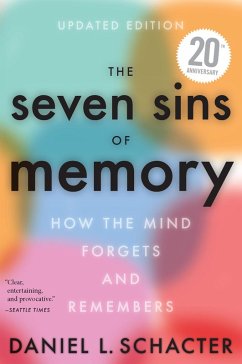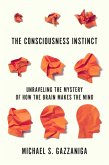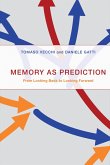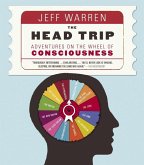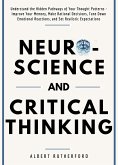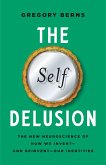A New York Times Notable Book: A psychologist's "gripping and thought-provoking" look at how and why our brains sometimes fail us (Steven Pinker, author of How the Mind Works). In this intriguing study, Harvard psychologist Daniel L. Schacter explores the memory miscues that occur in everyday life, placing them into seven categories: absent-mindedness, transience, blocking, misattribution, suggestibility, bias, and persistence. Illustrating these concepts with vivid examples-case studies, literary excerpts, experimental evidence, and accounts of highly visible news events such as the O. J. Simpson verdict, Bill Clinton's grand jury testimony, and the search for the Oklahoma City bomber-he also delves into striking new scientific research, giving us a glimpse of the fascinating neurology of memory and offering "insight into common malfunctions of the mind" (USA Today). "Though memory failure can amount to little more than a mild annoyance, the consequences of misattribution in eyewitness testimony can be devastating, as can the consequences of suggestibility among pre-school children and among adults with 'false memory syndrome' . . . Drawing upon recent neuroimaging research that allows a glimpse of the brain as it learns and remembers, Schacter guides his readers on a fascinating journey of the human mind." -Library Journal "Clear, entertaining and provocative . . . Encourages a new appreciation of the complexity and fragility of memory." -The Seattle Times "Should be required reading for police, lawyers, psychologists, and anyone else who wants to understand how memory can go terribly wrong." -The Atlanta Journal-Constitution "A fascinating journey through paths of memory, its open avenues and blind alleys . . . Lucid, engaging, and enjoyable." -Jerome Groopman, MD "Compelling in its science and its probing examination of everyday life, The Seven Sins of Memory is also a delightful book, lively and clear." -Chicago Tribune Winner of the William James Book Award
Dieser Download kann aus rechtlichen Gründen nur mit Rechnungsadresse in A, B, BG, CZ, D, DK, EW, E, FIN, F, GR, HR, H, I, LT, L, LR, NL, PL, P, R, S, SLO, SK ausgeliefert werden.

